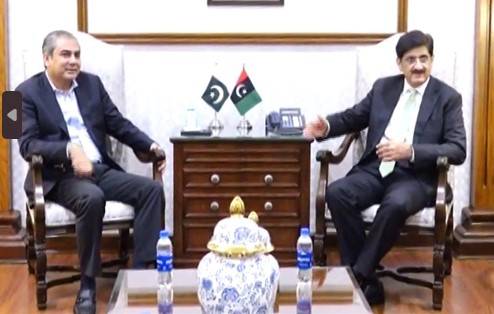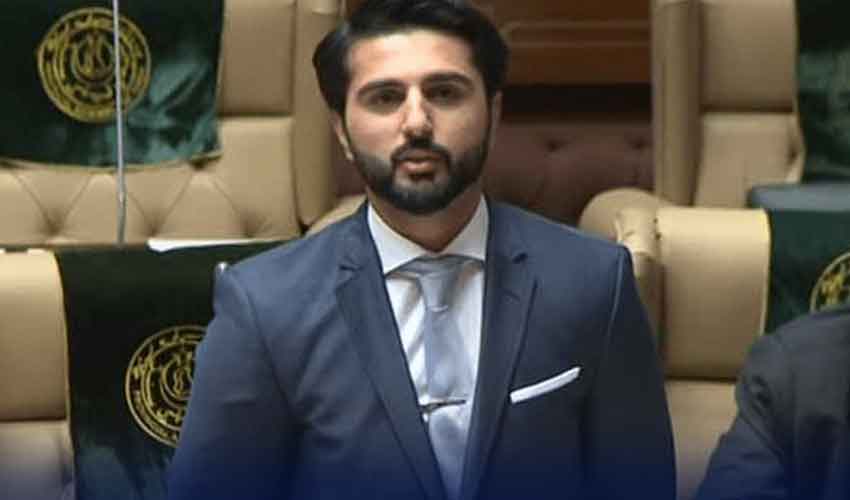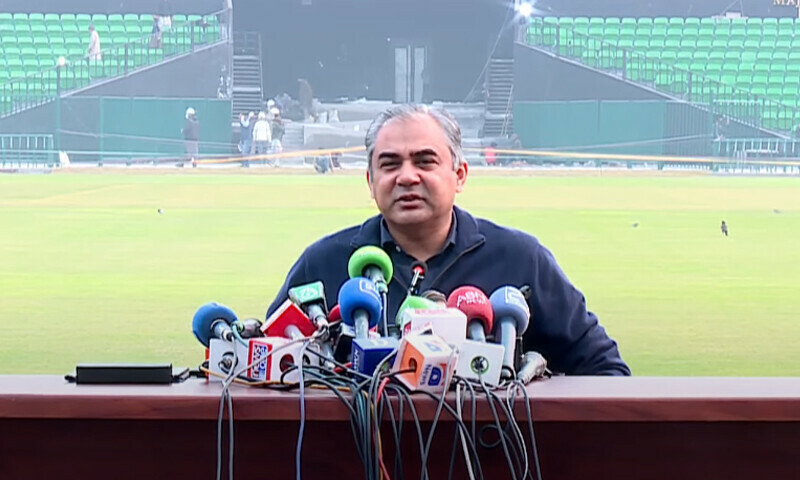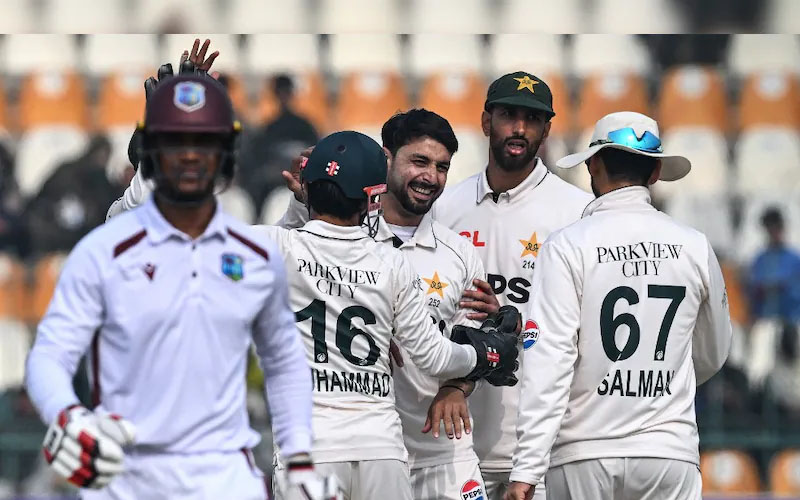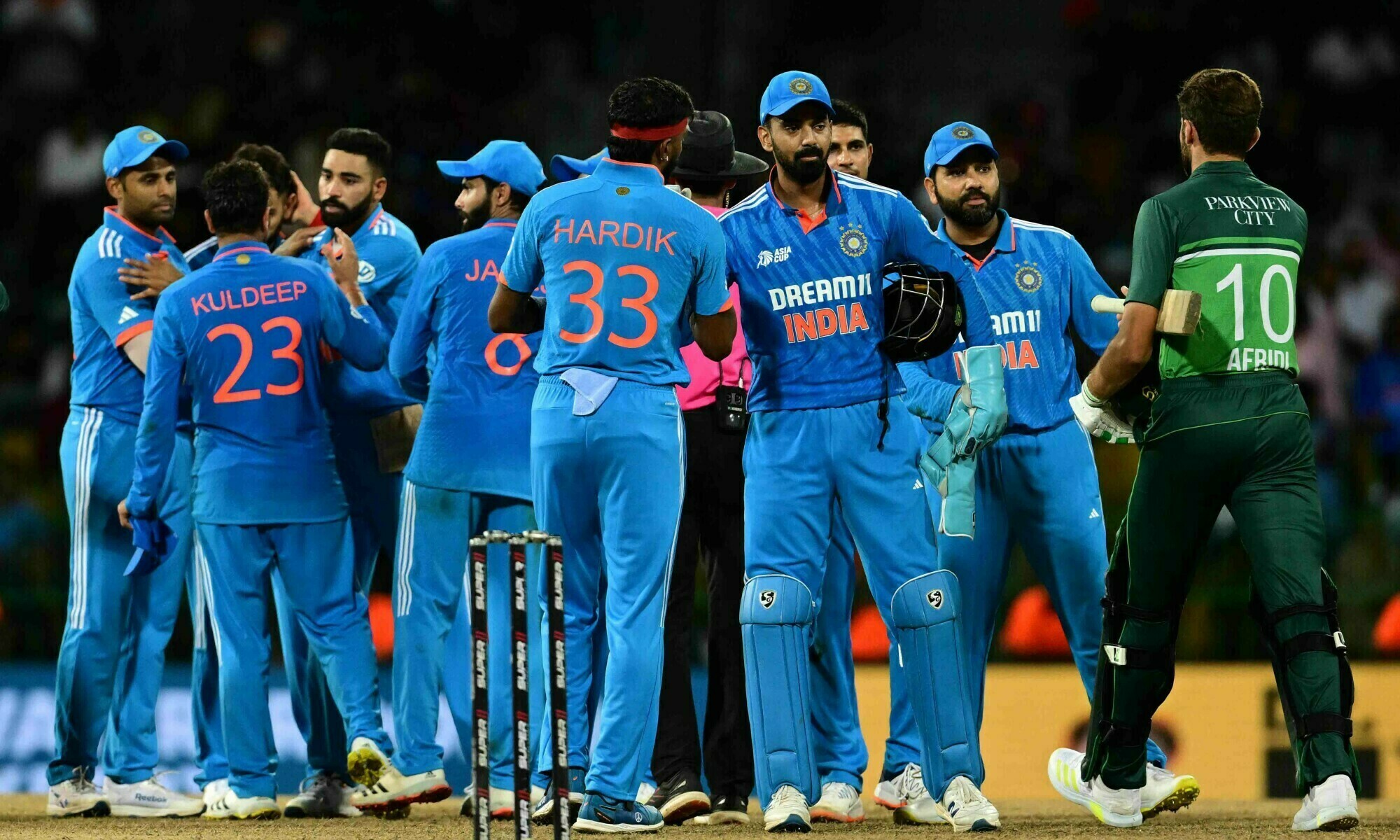SPORTS
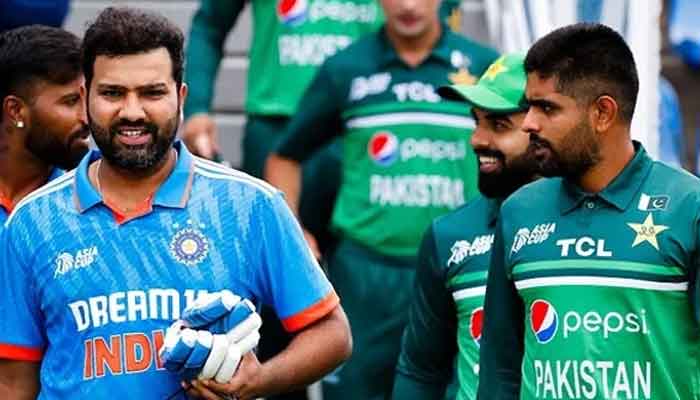
Indian media has reported that the Board of Control for Cricket in India (BCCI) has agreed to the fusion formula proposed by the Pakistan Cricket Board (PCB) for the upcoming ICC Champions Trophy, amidst ongoing tensions surrounding matches between the two nations.
According to the report, the BCCI is unwilling to apply the fusion formula to its events. However, the board has agreed that Pakistan will play the group stage of the ICC Champions Trophy at a neutral venue, as long as political tensions between the countries remain.
The Fusion Formula: Key Points
- Neutral Venue for Group Matches: The BCCI has reportedly agreed that Pakistan's group-stage matches will take place at a neutral venue, avoiding direct confrontations in India.
- India’s Stipulation for Semi-Finals/Finals: The BCCI clarified that should Pakistan reach the semi-finals or finals, the matches will be played in India.
- Potential Legal Action: Indian media reports suggest that if Pakistan were to boycott the event due to these terms, it may face legal action from the ICC.
PCB’s Stance on the Issue
The PCB has been vocal about its stance on this matter. Pakistan has proposed the fusion model for ICC events scheduled in India for the next three years, with a condition that India plays its scheduled matches in Pakistan. If India refuses, the PCB has made it clear that Pakistan will not send a team to India for any ICC event.
Sources indicate that the PCB is unlikely to back down from its position, despite the latest developments from India. Furthermore, the ICC has yet to finalize the schedule for the Champions Trophy, which is partly due to India's reluctance and the ongoing political interference in sports.
Broader Impact on Cricket Diplomacy
This issue highlights the deep-rooted political tensions impacting cricket diplomacy between India and Pakistan. While cricket remains a beloved sport, the political standoff has overshadowed sporting cooperation, making it difficult to reach a consensus on logistics for ICC events.
As negotiations continue, the situation remains fluid, with both cricket boards maintaining firm stances on their respective demands. The outcome of these talks could significantly impact the future of international cricket, especially in terms of cross-border sports engagements.
